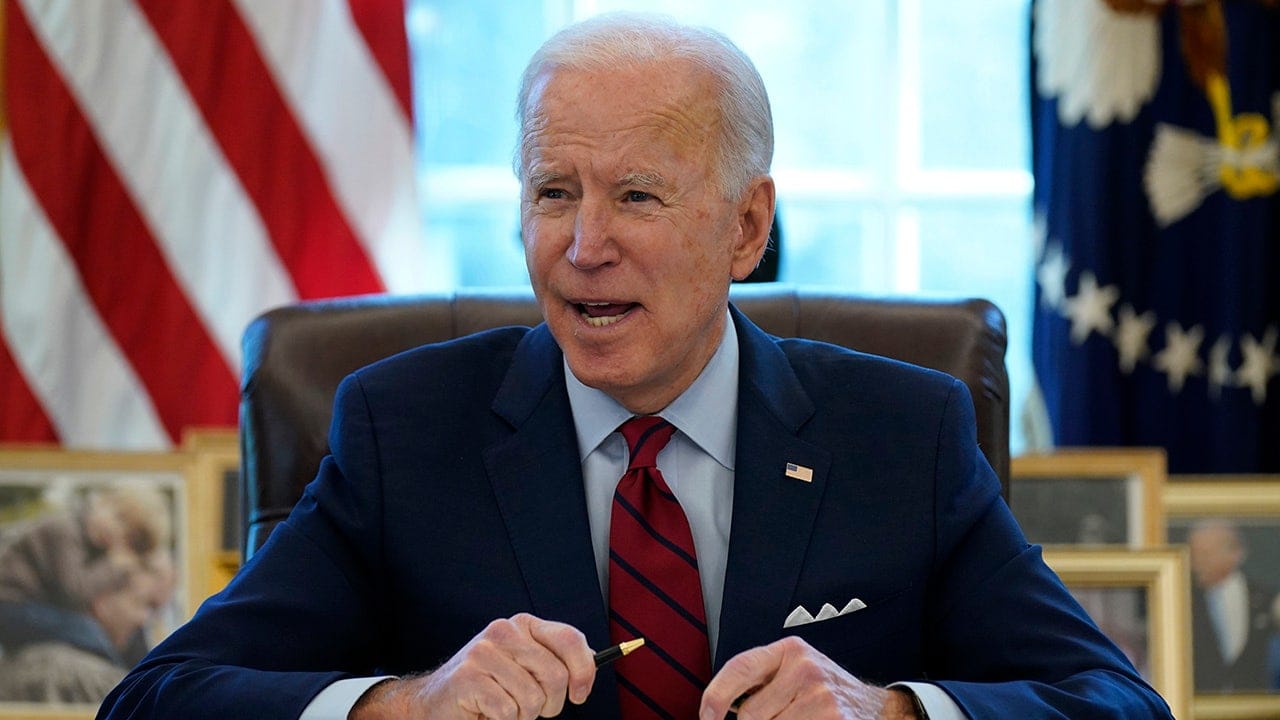Scout Motors, the Volkswagen-backed electric vehicle (EV) producer, is pressing forward with cutting-edge plans to manufacture and sell electric SUVs. However, a significant challenge has emerged in its home state of South Carolina. Legislative restrictions in the state prevent automakers from selling vehicles directly to consumers, requiring Scout Motors to navigate a path through a regulatory process that could significantly affect its operational model.
South Carolina is among nearly two dozen U.S. states that still enforce bans on direct vehicle sales by manufacturers. Instead, states mandate that automobile manufacturers partner with independent dealership networks for sales transactions. This legal framework poses a substantial impediment to automakers like Scout Motors that aim to revolutionize the industry through direct-to-consumer sales strategies.
The Roots of Scout Motors
Scout Motors is tasked with two monumental ambitions concurrently: disrupting the conventional retail model of auto sales and bringing Volkswagen’s nostalgic Scout brand into the electric future. Built on the legacy of the original Scout SUVs of the mid-20th century, Volkswagen established Scout Motors to breathe new life into rugged yet eco-friendly vehicles.
The company has selected South Carolina to house its flagship auto manufacturing operation, a facility expected to employ up to 4,000 workers when operational by 2027. With such investment comes the expectation of abiding by South Carolina’s regulatory environment. However, this regulatory environment clashes with the innovative sales approach Scout has envisioned. The company wants to allow customers to purchase vehicles directly online, offering a seamless, modernized buying experience that bypasses the intermediary need for dealerships.
South Carolina’s Ban and Industry Perspectives
The legislation preventing direct-to-consumer sales in South Carolina aims to protect independent dealership businesses by preserving competition. Proponents of traditional dealership sales models argue that these businesses provide consumers with opportunities to compare prices, ensure vehicle warranties are honored, and receive local maintenance and upgrades. Dealership advocates also highlight their investments in local communities and point to their significant contributions in revenue and job creation.
Scout Motors, along with other automakers like Tesla and Rivian that employ direct-to-consumer models, disagrees with these views. Direct sales, they argue, cut costs, eliminate unnecessary markups, and streamline the customer experience. These benefits align with Scout’s vision, especially as the company seeks to position its vehicles as robust yet affordable additions to the EV market.
Efforts to Win Legislative Support
To make headway in South Carolina, Scout Motors has already begun lobbying efforts to change the law. Advocates for reform argue that the existing ban is outdated in today’s e-commerce-driven world, where consumers are accustomed to online purchases, including large items like cars. The company launched a media campaign to inform the public and lawmakers of these benefits and has sought bipartisan support in the state legislature.
The pitch aligns with economic pragmatism: creating an environment that fosters competition and innovation would benefit consumers and attract high-tech businesses to South Carolina. Scout executives also argue that allowing direct sales could significantly lower purchase prices, a critical consideration for potential buyers entering the competitive EV market.
Manufacturers like Tesla have used similar approaches successfully in other states, though success often requires prolonged and expensive court or legislative battles.
Economic Repercussions
The outcome of the direct-sales debate could have far-reaching consequences for South Carolina and its automotive industry. Allowing Scout Motors and other manufacturers to sell directly could challenge the state’s established dealership model but would also put South Carolina among the growing list of forward-thinking states embracing modern auto sales solutions.
Additionally, changes to the sales model may attract other EV manufacturers to the state, enhancing South Carolina’s attractiveness as an industrial hub for electric transportation. This development could offer significant opportunities for job creation and economic growth.
Challenges Ahead
Scout Motors must contend with opposition from dealership networks interested in maintaining the status quo. These networks have a strong presence in South Carolina and wield considerable legislative influence. Lobbying groups representing traditional dealers often cite concerns over market stability and consumer protection as they argue against direct-sales legislation.
Despite these challenges, Scout Motors remains committed to championing change in South Carolina’s regulatory landscape. Its efforts, if successful, could pave the way for groundbreaking innovations in automotive retail across the country.
As the debate continues, Scout Motors represents more than just a new player in the EV market. The company serves as a pivotal figure in the broader conversation about adapting U.S. laws to meet the demands of a rapidly evolving technological and commercial environment.


